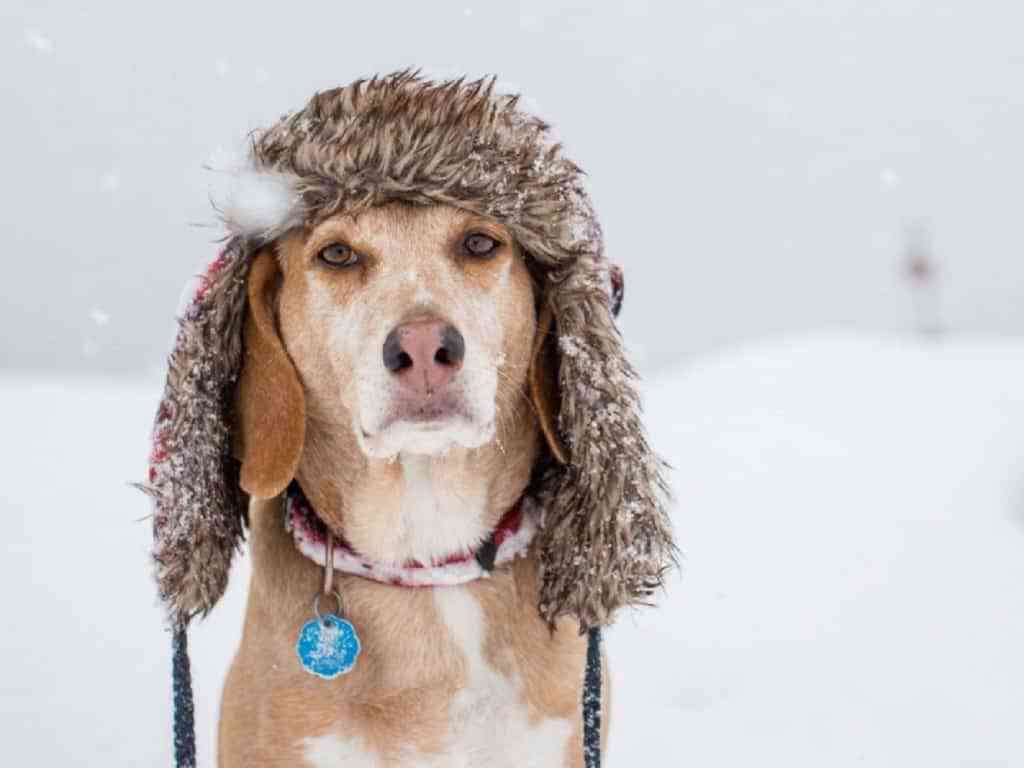Follow these tips to keep animals safe and comfortable this winter In many areas, winter is a season of bitter cold and numbing wetness. Makes sure your four-footed family member stay safe and warm by following these simple guidelines!
Keep Pets Sheltered
Keep your pets inside with you and your family. Dogs are happiest when taken out frequently for walks and exercise but inside the remainder of the time. Don’t leave pets outdoors when the temperature drops.
Bundle Up, Wipe Down
No matter what the temperature is, windchill can threaten a pet’s life. Exposed skin on noses, ears and paw pads are at risk for frostbite and hypothermia during cold snaps. Small and short hair dogs often feel more comfortable wearing a sweater even during short walks.
Rock salt and other chemicals used to melt snow and ice can irritate the pads of your pet’s feet. Wipe all paws with a damp towel.
Dogs are at a particular risk of salt poisoning in winter due to the rock salt used in many areas- often when licking it from their paws after a walk. Store de-icing salt in a safe place and always wipe paws after walks.
A product like Meadowlark Botanical’s Organic Paw Balm can be applied to paws and noses prior to and after walks to protect and heal.
Remove Common Poisons
Antifreeze is a deadly poison. Wipe up any antifreeze spills immediately and store it out of reach. Coolants and antifreeze with propylene glycol are less toxic to pets, wildlife and family.
Protect Outdoor Animals
If there are outdoor cats, either owned or community cats in your area, remember they need protection from the elements as well as food and water. Its easy to give them a hand. You can make a cat shelter quickly and easily with a plastic tub and old towels or blankets.
Speak Out
If you encounter a domestic animal left out in the cold, politely let the owner know you’re concerned. Some people genuinely don’t know the risk that cold weather poses to their pets or farm animals.
If someone you raise concerns with responds poorly or you continue to be concerned for the well-being of their animals, contact your local animal control or law enforcement.
